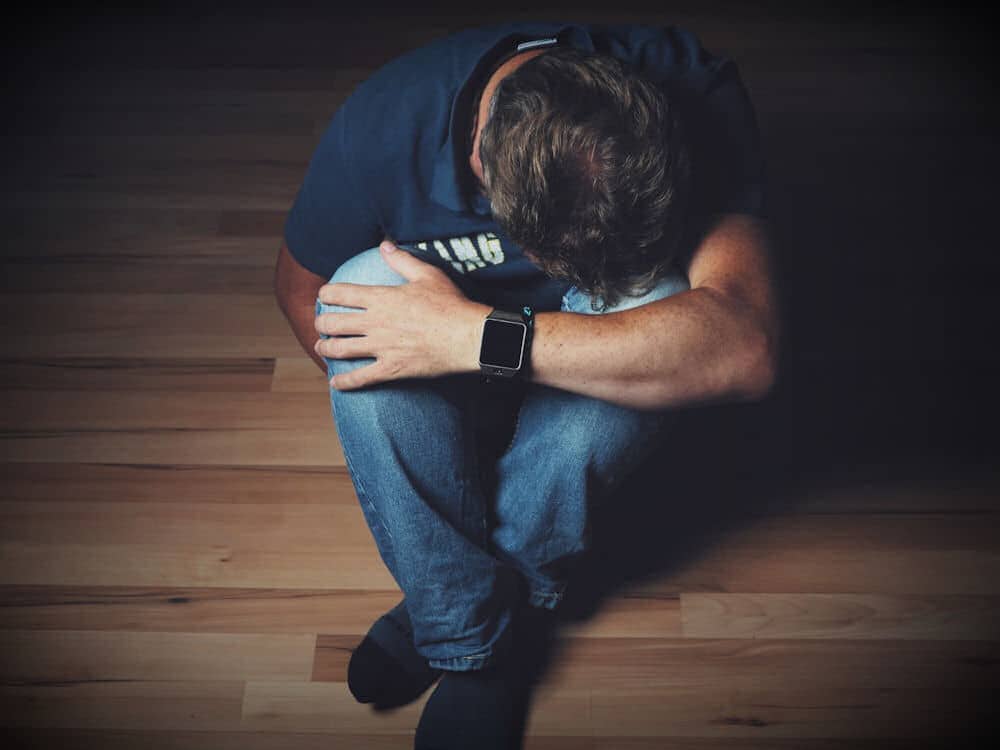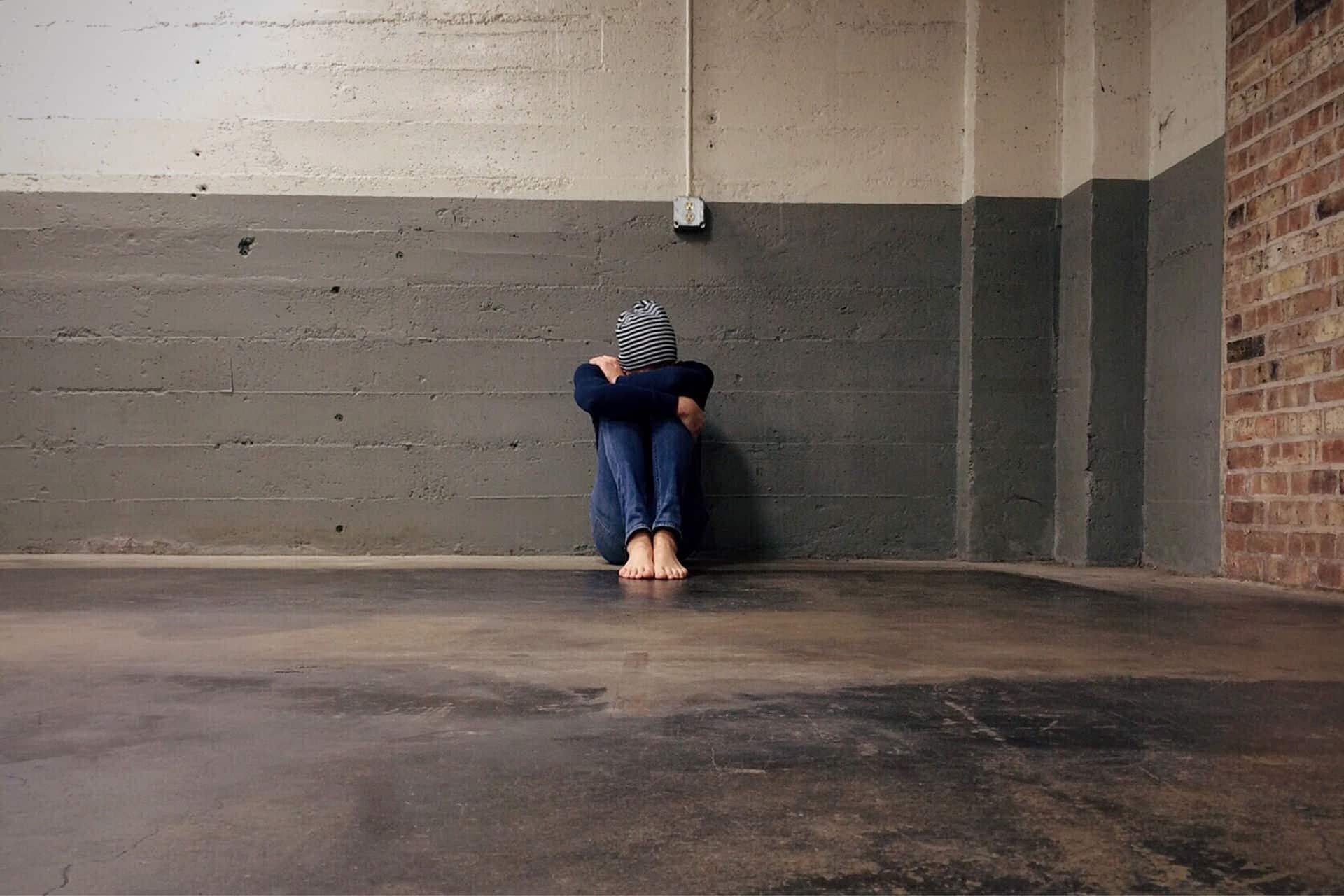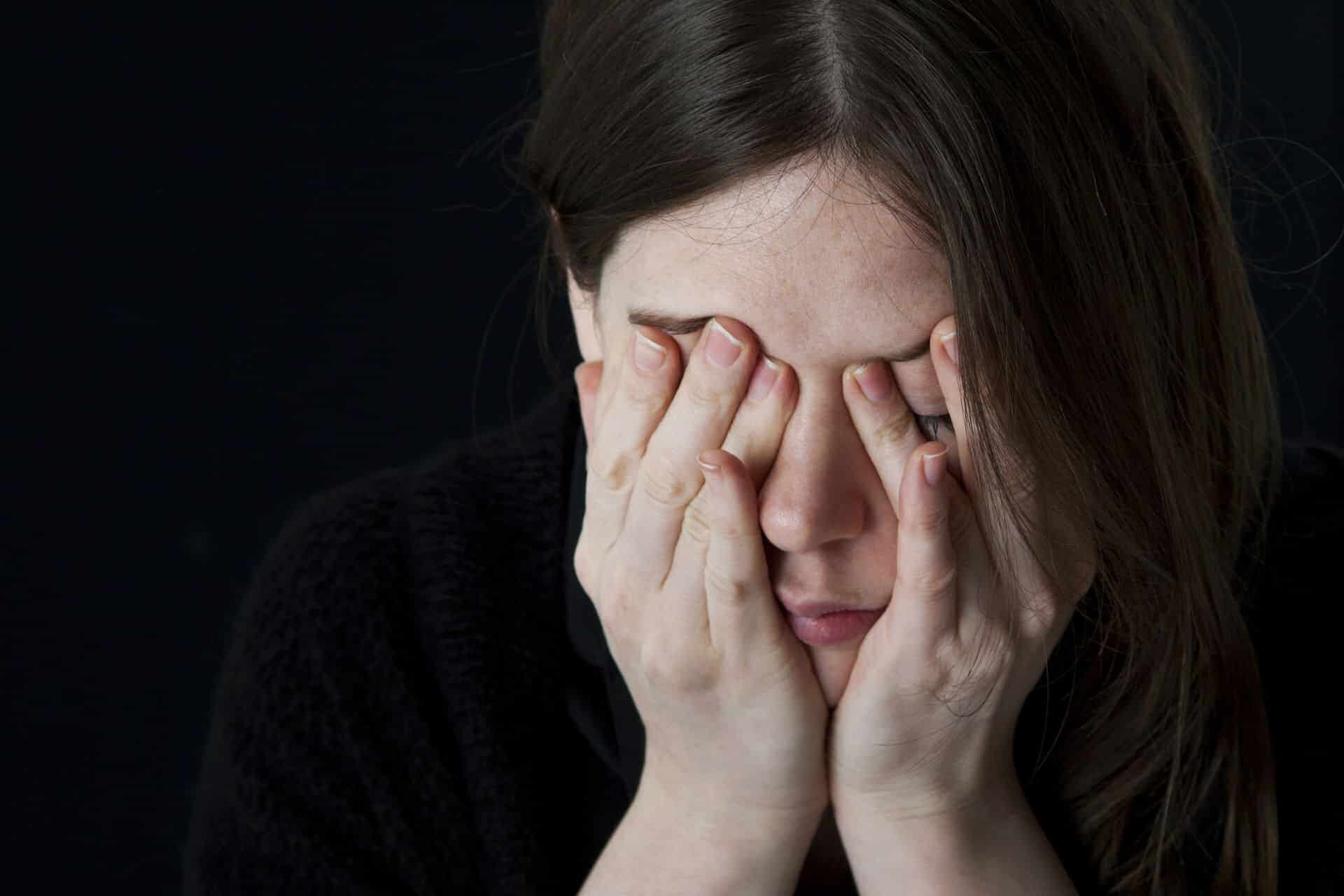Contact Orlando Treatment Solutions
For any other questions please call us or fill out the contact us form. We're here to help you at Orlando Treatment Solutions.
Contact Us Call Now (321) 415-3213Popular Post
In many cases, the more damaging effect of substance abuse is not experienced during the
addiction phase, but rather, when one has stopped using it. After recovery, depression after drug addiction can occur. In the context of substance abuse disorder, the relationship between addiction and depression is a complex one.
Some believe they got into substance dependence specifically to compensate for an actual or perceived depression that they suffer from. Therefore, suggesting that depression came before substance dependency. In other cases, people say that they developed feelings akin to depression while taking substances. This could be due to the isolation it created, or during the lucid moments when they were not in the grip of a high or were not inebriated.
Others still claim that they only developed depression after they went into rehab, saying intense feelings of sadness, hopelessness, and unexplainable melancholy gripped them from time to time. All of these accounts actually have a valid basis, as most forms of depression are often associated with chemical imbalances happening in the body, and substances are known to also affect the chemistry of the body as well.
How is Depression Related to Addiction?

Of all the emotions often associated with substance or alcohol abuse, depression is often the most talked-about. Not only because depression is also largely associated with a disruption of the chemicals in the body, but also because of how society perceives the use of substances to deal with emotional issues.
Depression Before Addition
The most popular alcohol brands utilize advertisements that portray enjoyment, social acceptance, and happiness when one indulges in alcohol. In social circles, people would often take alcohol or other substances to relieve them of intense emotions they cannot deal with at the moment. This kind of perception has influenced how people look at the link between addiction and depression.It also affects how people see which actually came first, the depression or the alcohol dependency. This creates an unnatural scenario: a person should drink whenever they are troubled. This creates the impression that alcohol, or any substance for that matter, is a cure for depression.
Depression During Addiction
To this day and age, many still misunderstand the nature of a substance abuse disorder. It is a mental condition that is not contagious, and it is something that is actually treatable. This is worth mentioning because people still look at substance abuse as a taboo topic.As such, there are people who have a substance abuse disorder and would like to seek help but cannot or will not because of the social stigma that comes with it. This inability to ask for help, or even talk about it, is sure to lead to depression. From there, the person feels unwanted, isolated, and unvalued.
Depression After Addiction
Going through bouts of depression once a person has completed the detoxification phase is something that is bound to happen. The chemicals in the brain get affected and altered when a person is a chronic substance user. This chemical effect is present even in those who take prescription medication and is not using it illicitly. Medication, whether prescription or not, and alcohol are chemicals. Once introduced into the body, these things bring about a change.After detox, as the body starts to readjust to the normal chemical composition of the body that is free of substances, the urge to engage in substance use will come every now and then. Not being able to take these substances will definitely create melancholy in the person, as the urges and cravings become more powerful and frequent. These intense cravings, however, could be dealt with through medication-assisted treatment.
Another cause for depression after addiction is the fact that many people who get into substance abuse do so to get out of their minds and remove themselves from the reality of life. Many find the reality of life to be quite harsh, complicated, and difficult to understand. Being exposed to it once more and not having the escape provided by substances brings about feelings of hopelessness and intense sadness in many former substance abusers. Although this condition could be dealt with through the therapy that comes in the rehabilitation process.
Trying to fit in once rehabilitation is completed is another reason why some people feel depression in recovery. There are instances wherein other people find out about a person’s previous substance abuse issue, and even though the person has successfully completed rehabilitation, the focus for many is still on the substance abuse. This creates a good amount of friction and awkward moments when the person tries to reintegrate into normal life.
Others are not so fortunate and find out that they could not get back to their former place of work, and that the people they once thought were friends and close associates have now distanced themselves from the person.
Does Depression Have an Impact on Recovery?

Depression has a significant impact on recovery for many people. The therapy that goes into the rehabilitation phase works to do the following:
- Build a person’s confidence
- Create personal motivations to stay sober
- Enhance a person’s ability to cope with stress
- Equip them with skills to become a better person after rehab
Despite all of this, being ostracized and considered a pariah because of a history of substance abuse is sure to erode any person’s confidence to zero. This lack of social acceptance is sure to lead to depression, and many don’t recover from this. This situation could very well lead a person into a relapse.
Let Orlando Treatment Solutions Help You With True Recovery
Recovery does not just cover addiction. Recovery also means being able to live a life free from other constraints, such as depression. We here at Orlando Treatment Solutions like to look at the problem from a number of approaches, so that we see more, and we get a better insight. This means we will do our best to not only help you recover from addiction, but also from depression as well.
Contact Us
CALL US NOW
Orlando Treatment Solutions will iron out the details for you in a manner that will make you confident in your path to sobriety. That first simple call is your ticket to making Orlando Treatment Solutions your solution for addiction. Get the freedom from addiction that you deserve today.
Call us now on (321) 415-3213Updated News
LATEST POSTS
Orlando Treatment Solutions makes numerous media outlets available to encourage you in your recovery process. Digital media literature is approved by a licensed professional and intended to guide you in your recovery path.

Years of experience
Our leadership team has extensive experience in dual-diagnosis treatment and is ready to help those who are struggling with substance use and mental health.

Specialists
Our staff consists of many licensed addiction and mental health treatment facilitators and other staff who are ready to share their experience and their success.

Happy patients
Orlando Treatment Solutions has helped over 2,000 people who have struggled with substance use (alcohol and drug addiction) and mental health find freedom.
Contact Us
GET IN TOUCH
Reaching out to Orlando Treatment Solutions may be the most important call of your recovery process. A caring professional is waiting for your call to be your guide to addiction-free living.
Need Help? Contact Us
Areas and Cities We Serve SUD & Mental Health Treatments in Florida
Oviedo Deland Palm Coast Jacksonville Port St. Lucie Tampa Altamonte Springs Kissimmee St Cloud Winter Garden Winter Park Clermont Melbourne Sanford Deltona Lake Mary Mount Dora Leesburg The Villages Union Park St. Augustine Dupont Port Orange Ormond Beach Holly Hill Daytona Beach Edgewater Oak Hill Maytown Eldora Geneva Titusville Christmas Port St. John Port Canaveral Cocoa Beach Osteen Satellite Beach Palm Bay Roseland Sebastian Fellsmere Gifford Rockledge
 info@shc.health
info@shc.health 




